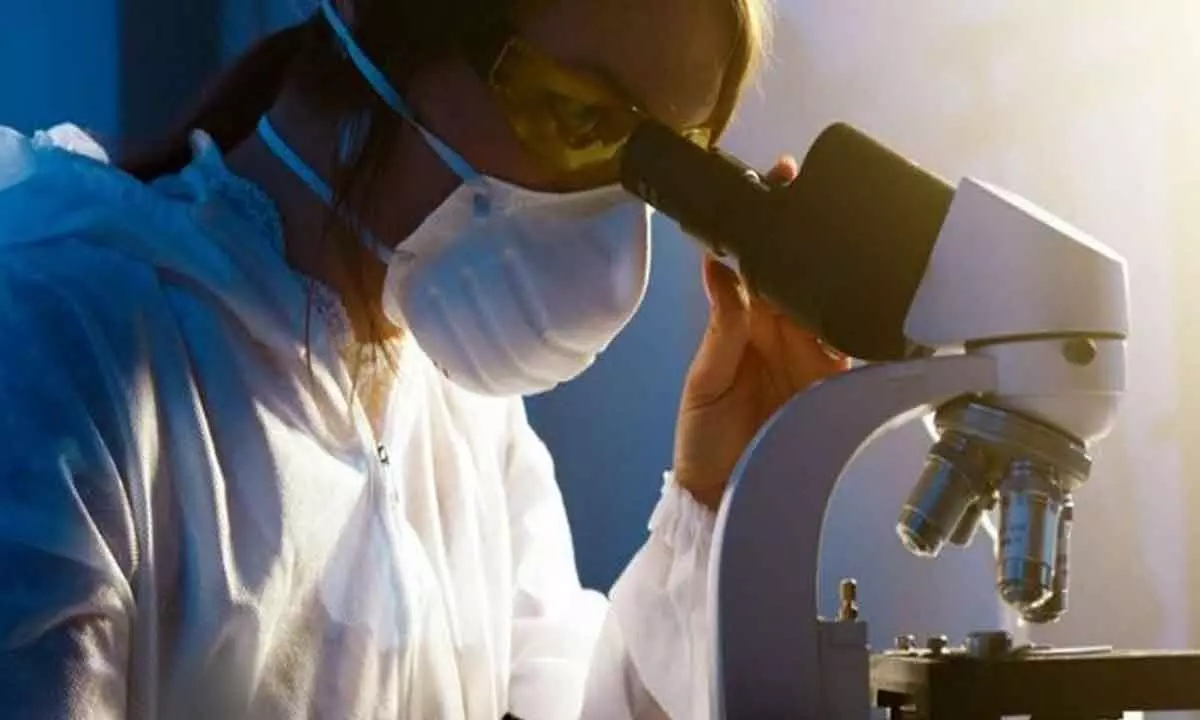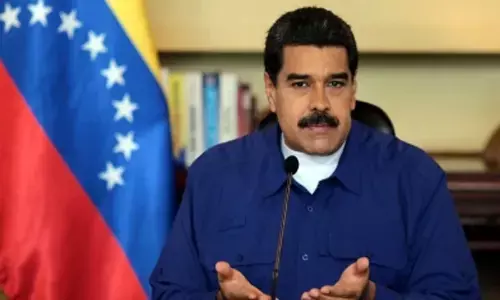Researchers to develop technologies to manufacture carbon-free fuel

Researchers to develop technologies to manufacture carbon-free fuel
Researchers at GBU are developing technologies to produce carbon-free fuel which can eventually reduce carbon emissions and contribute towards a green environment, according to officials.
Researchers at Gujarat Biotechnology University (GBU) are developing technologies to produce carbon-free fuel which can eventually reduce carbon emissions and contribute towards a green environment, according to officials. With the vision of making a "green process concept", the research group is working on "whole-cell bio-catalysis" (WCB) for the synthesis of green fuels and biopolymers.
The team claimed that the process is not only low-cost but also easily scalable on industrial size. The university has been established in partnership with University of Edinburgh (UoE), United Kingdom, by the Department of Science and Technology, Gujarat. The progress of industrialisation and exponential growth in global usage of petroleum-based hydrocarbons has elevated the global carbon footprint. The researchers of the newly established institute are working towards reducing carbon emissions.
The research has been published in several reputed peer-reviewed journals including Biofuels, Bioproducts and Biorefining (Biofpr) and Chemical Engineering Technology besides a book titled "Whole-Cell Biocatalysis: Next-generation Workhouse for Green Synthesis of Pharmaceuticals, Chemicals, and Biofuels". "Carbon burden (is) a major concern currently threatening future human sustenance and creating green technology with carbon-free alternative fuels is the only way out... and WCB is a promising platform to achieve this mission," said Sudheer Pamidimarri, associate professor, GBU.
"The project started late in the year 2019, we got a few leads working with modern 'omics' tools and (are) now getting ready to work on bench to execute the idea. In this work, we are going to implement novel metabolic-flux engineering tools for the first time to establish WCB to generate carbon-free fuels such as Bio-H2. "The targeted timeline of achieving this task on laboratory scale is by 2024. Further planning will be done for industrial scale-up," he added.















